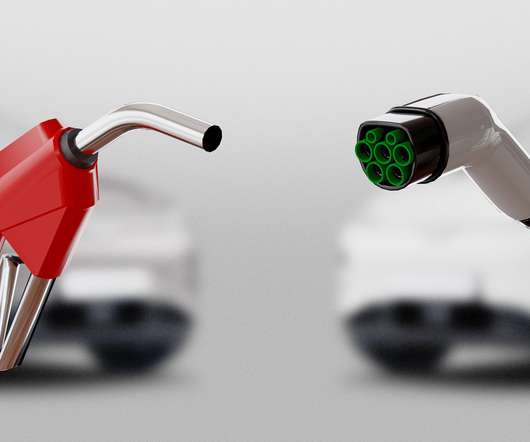PHEVLERs are the Zero CO2 Clean Green Machines of the Future
Green Car Congress
APRIL 22, 2016
and UC-Davis Emeritus and Bruce R. Frank is Professor Emeritus, Mechanical and Aeronautical Engineering at the University of California, Davis, where he established the Institute for Transportation Studies (ITS-Davis), and was director of the US Department of Energy’s National Center of Hybrid Excellence at UC Davis.






























Let's personalize your content